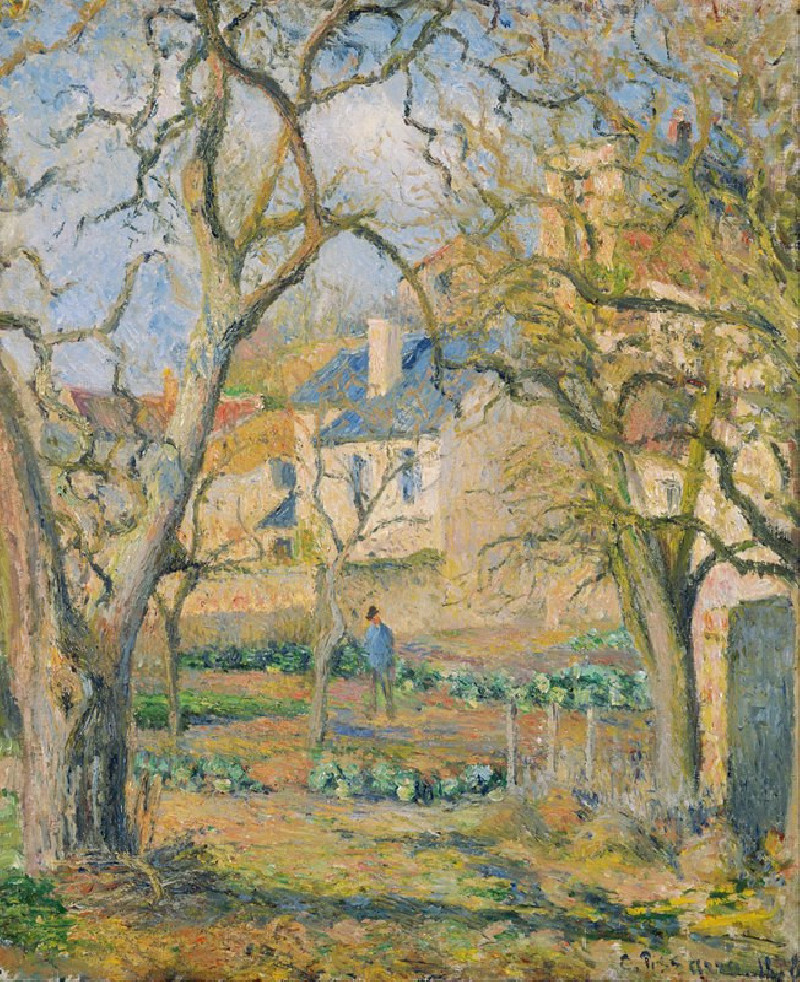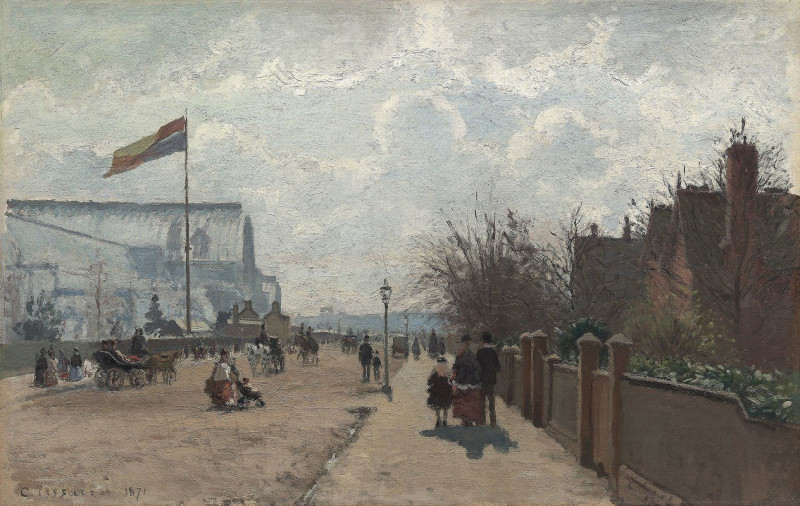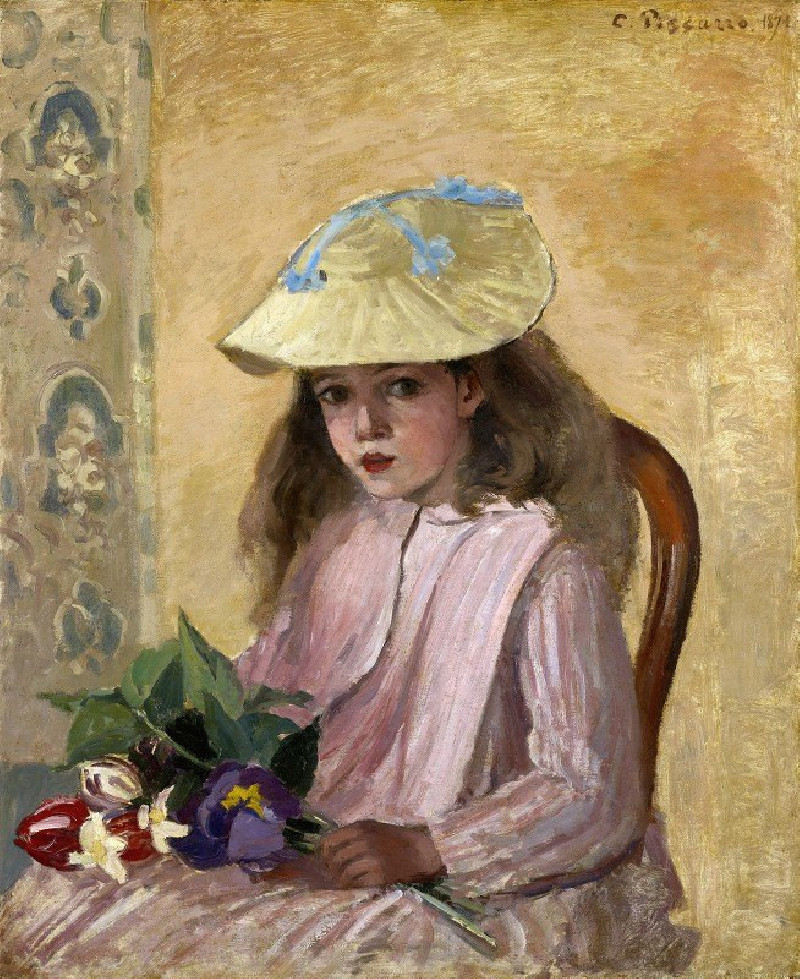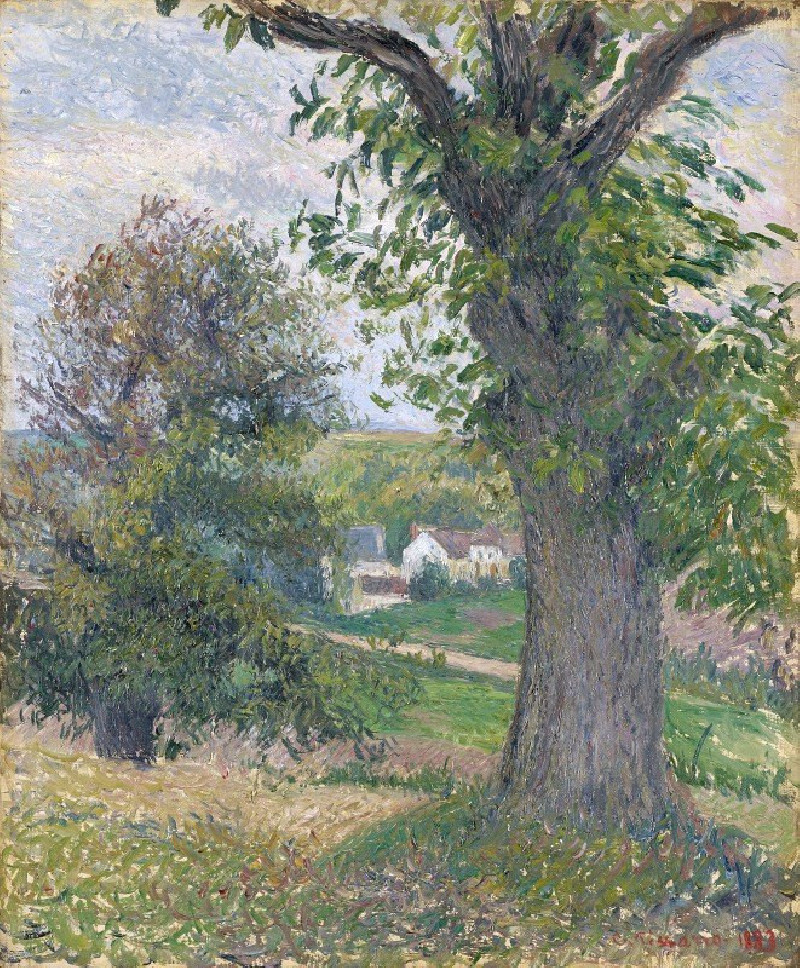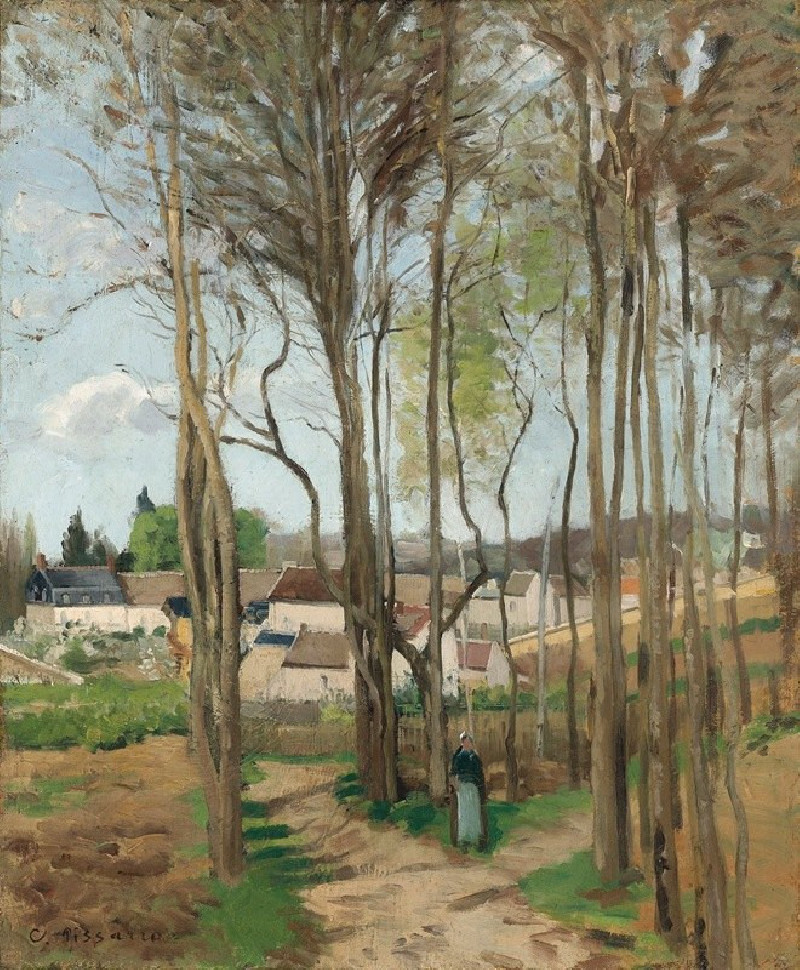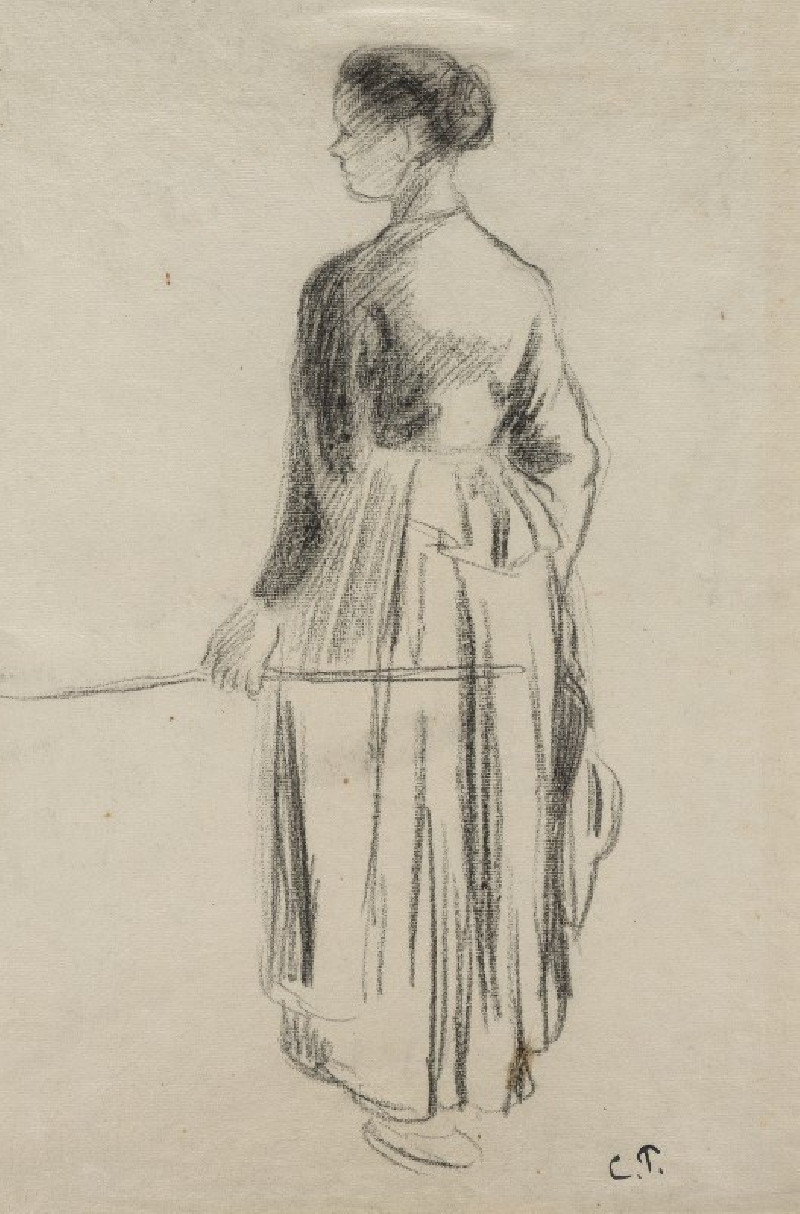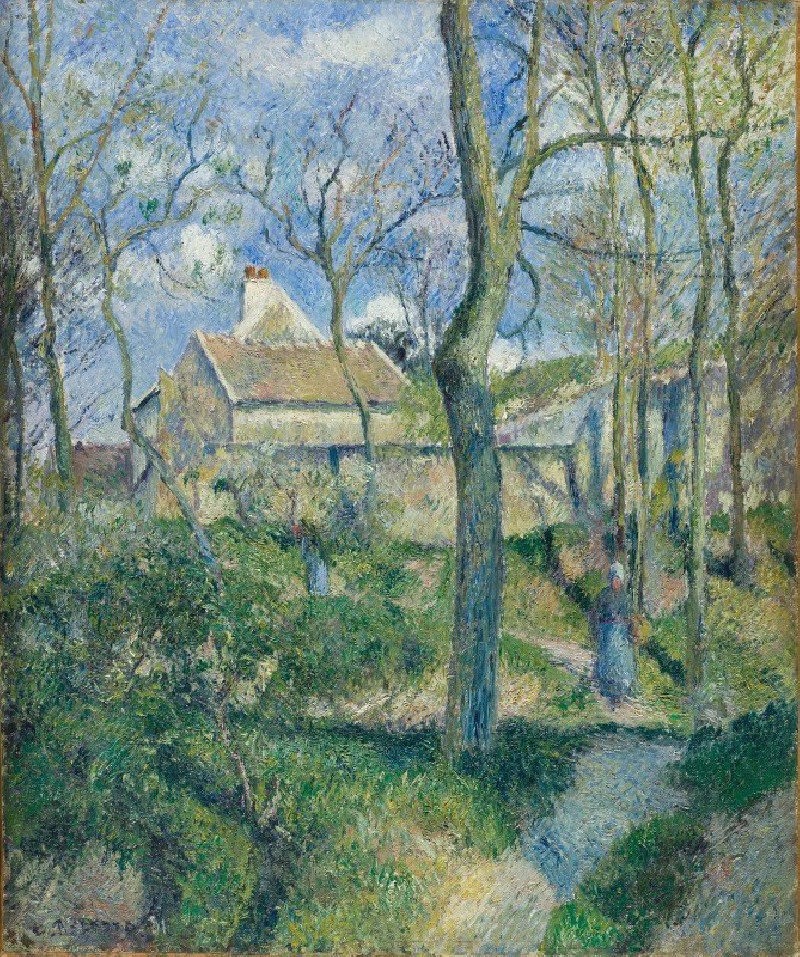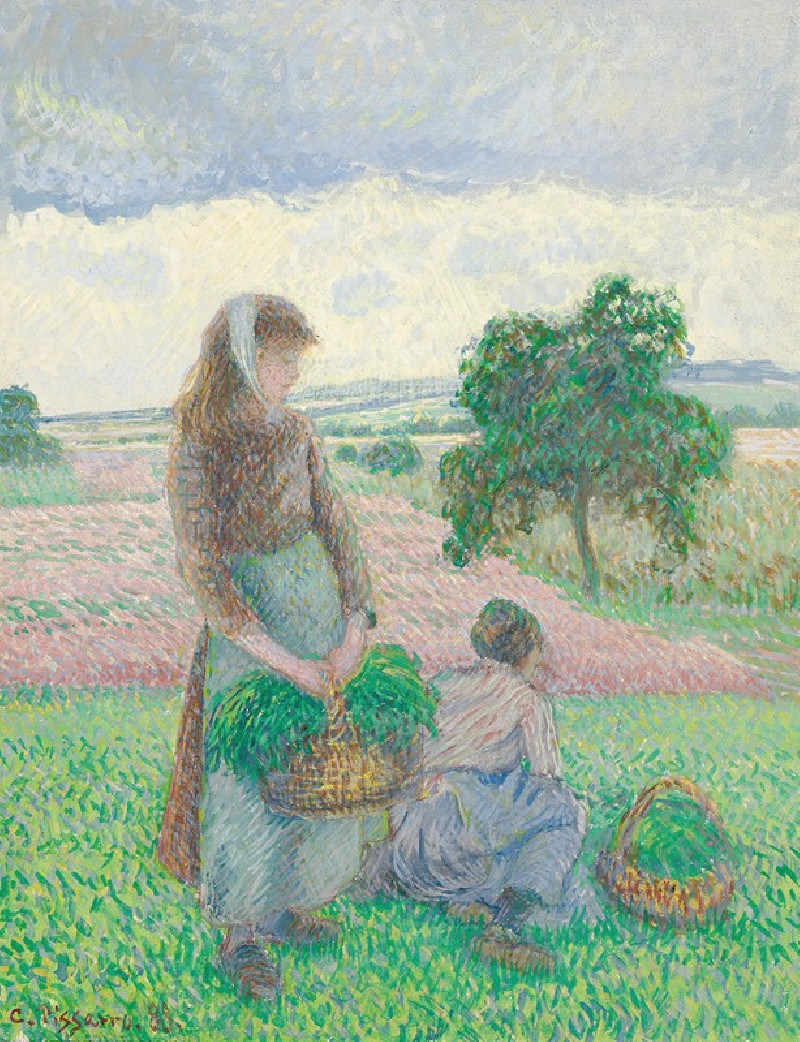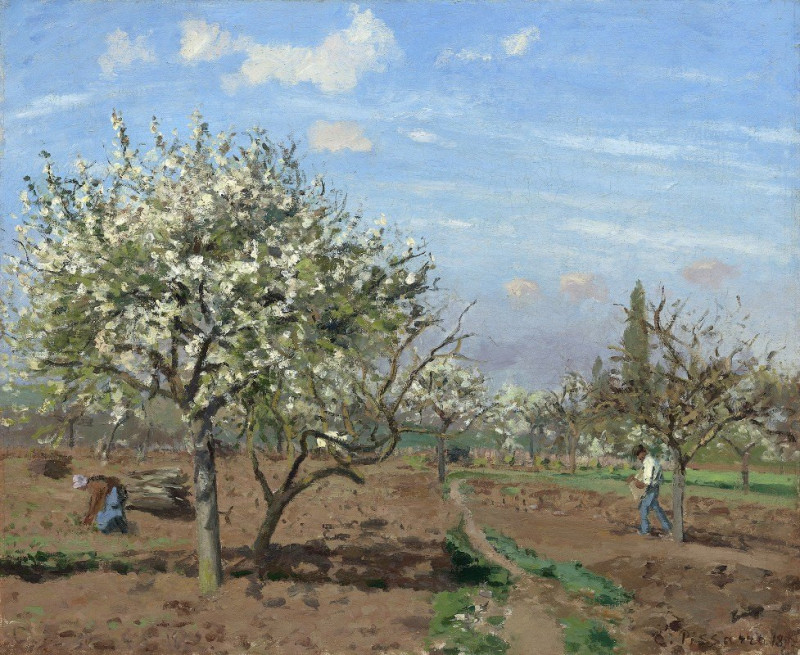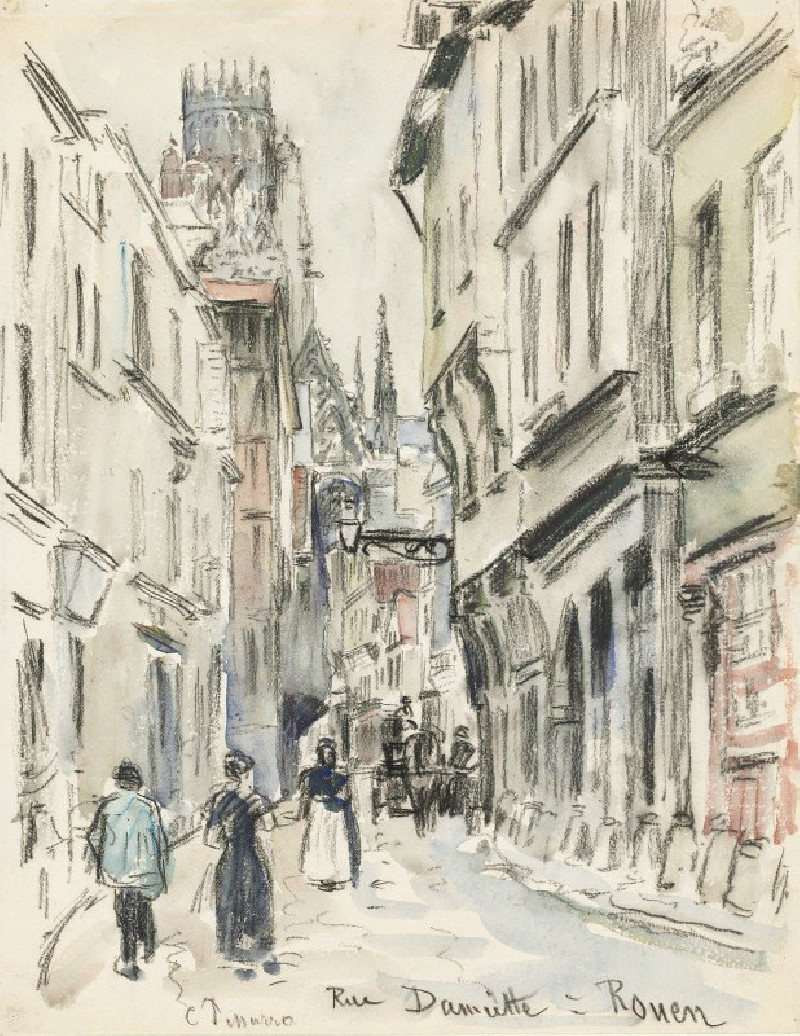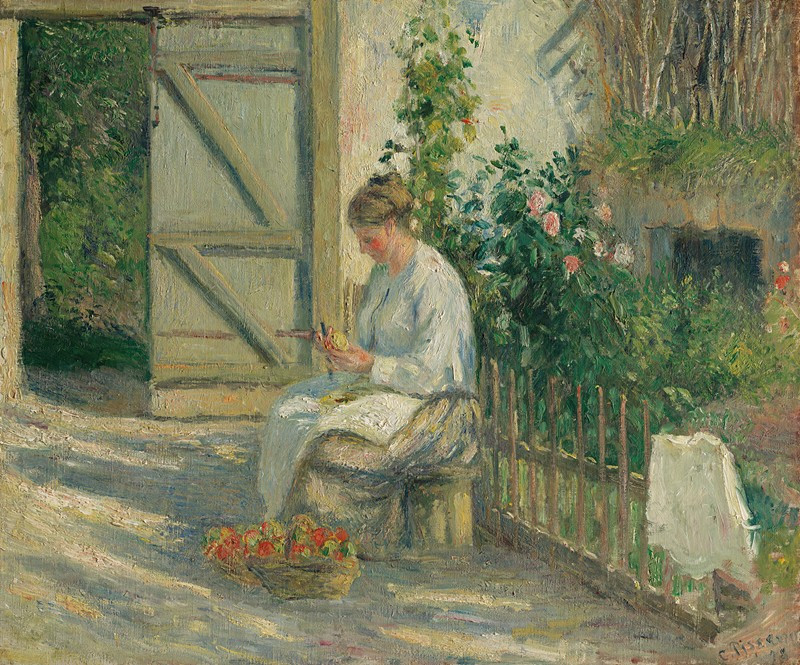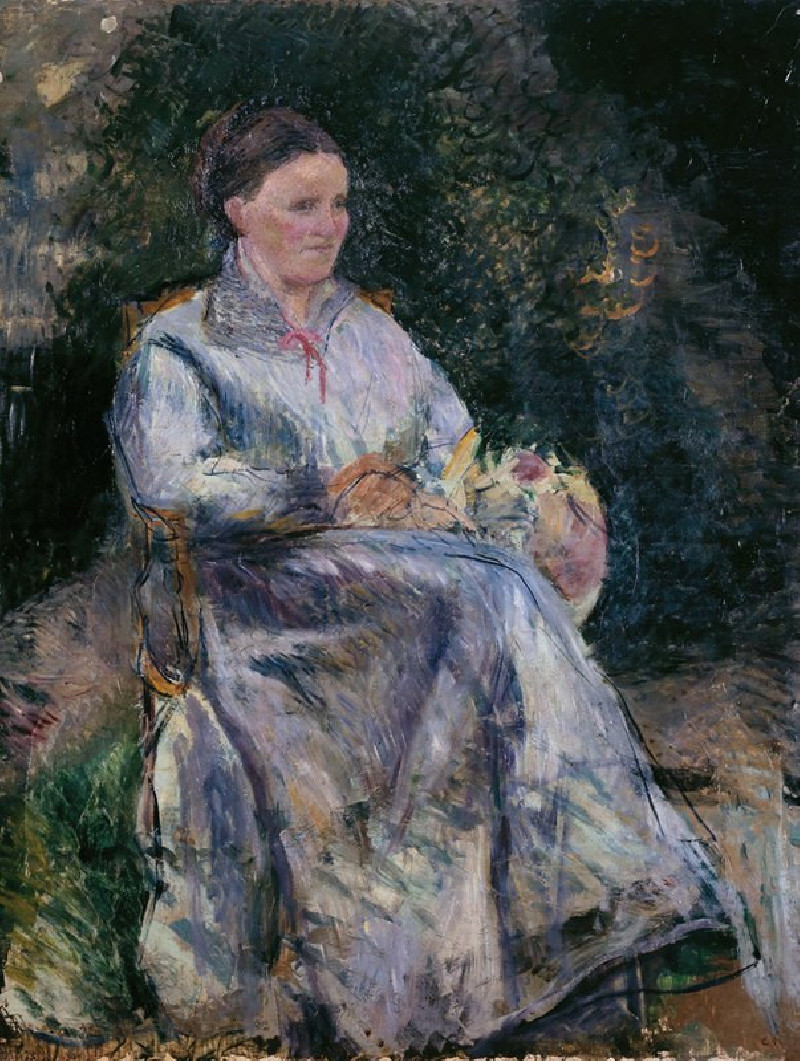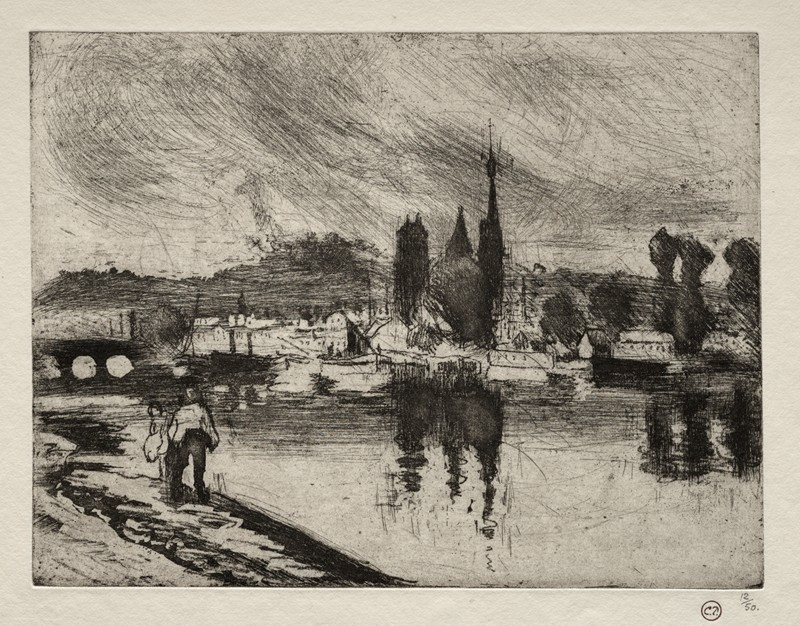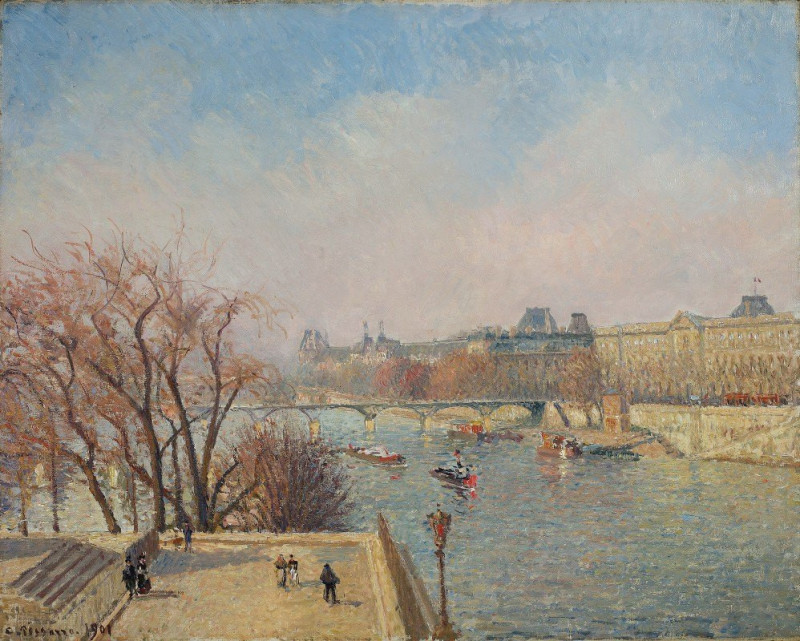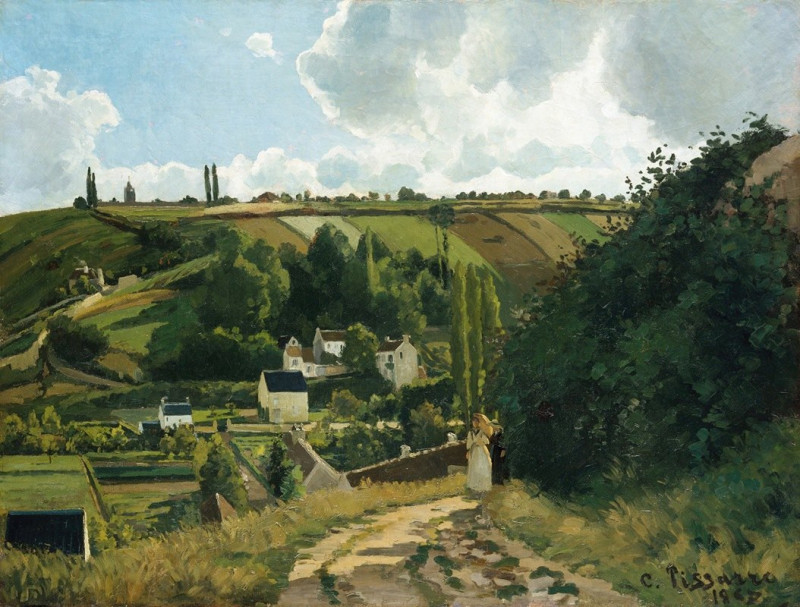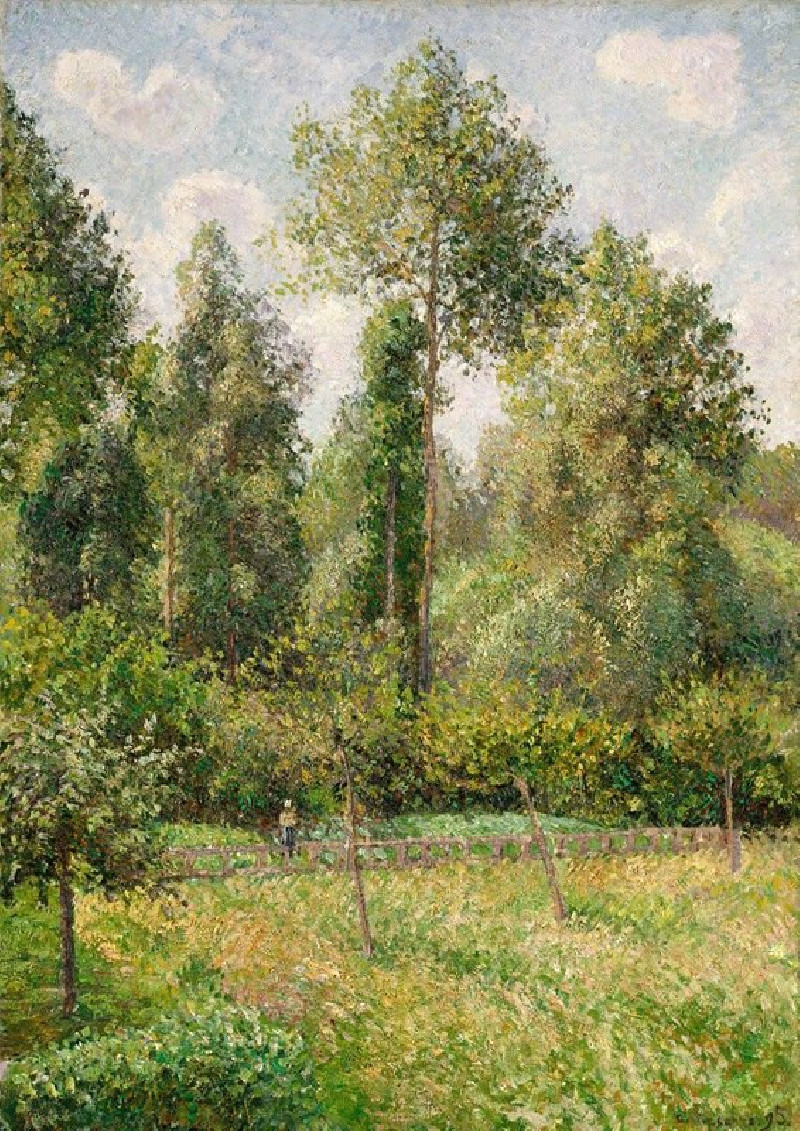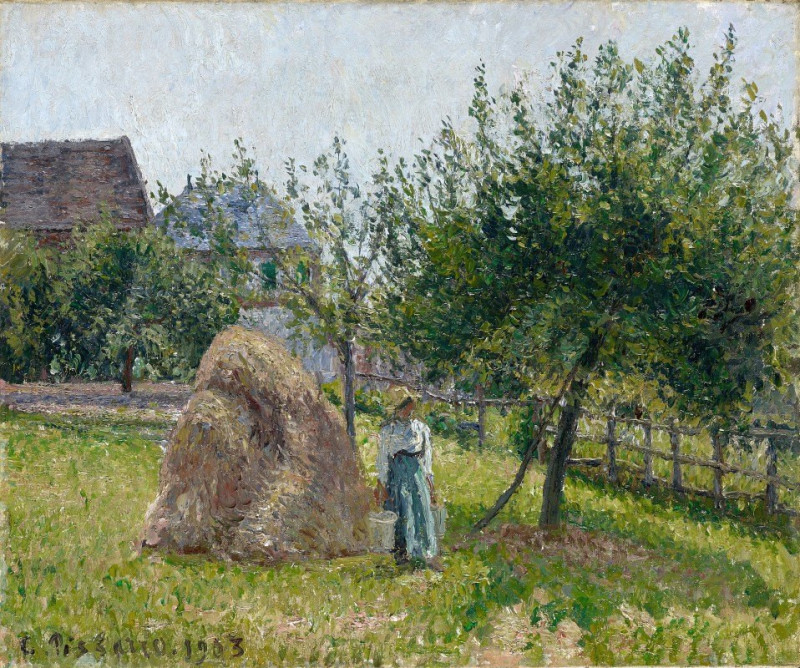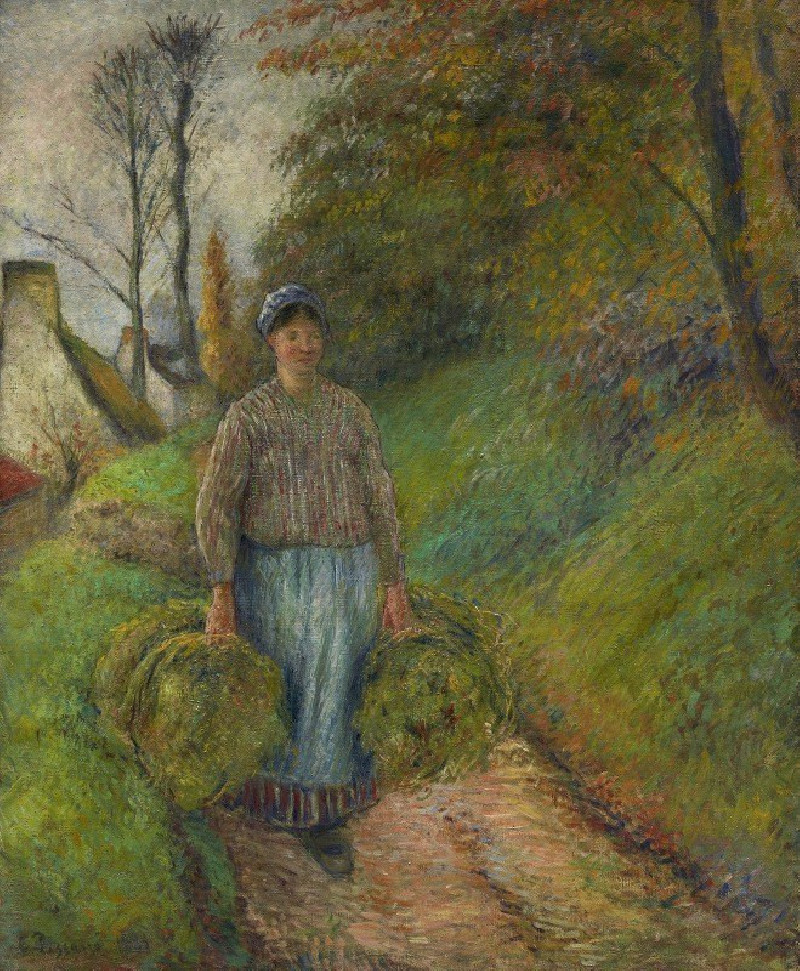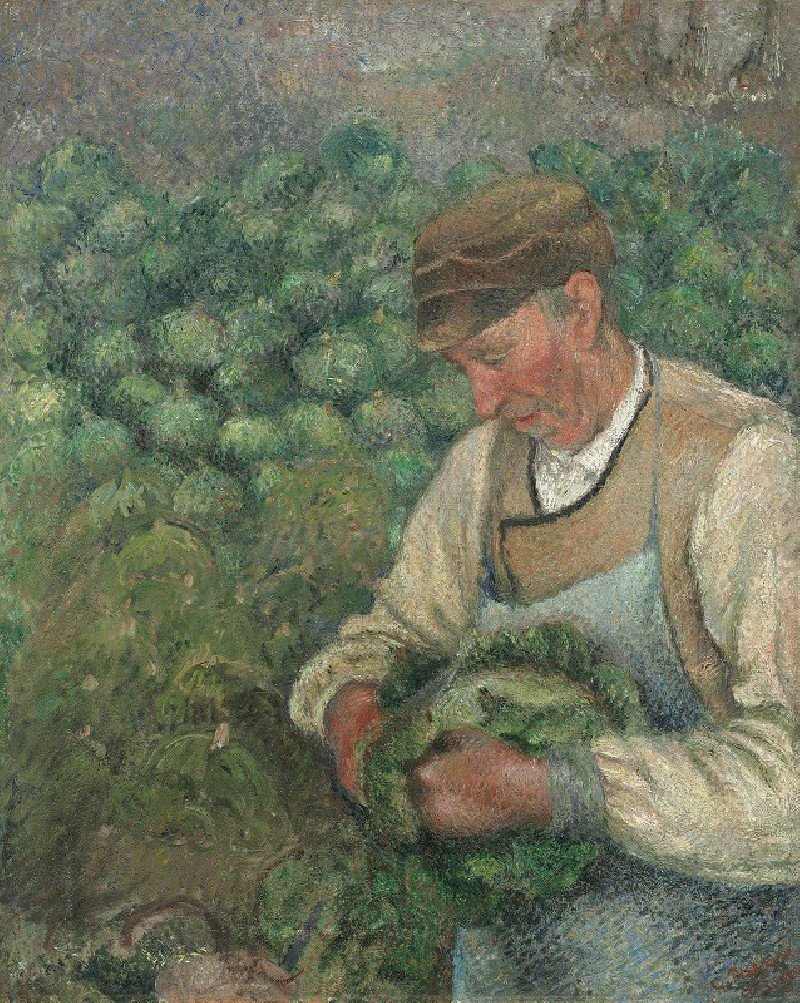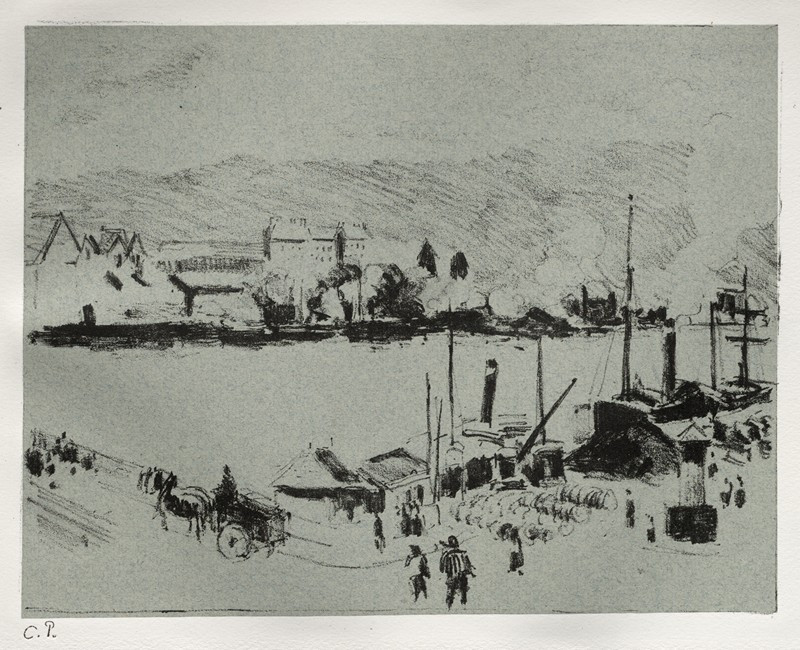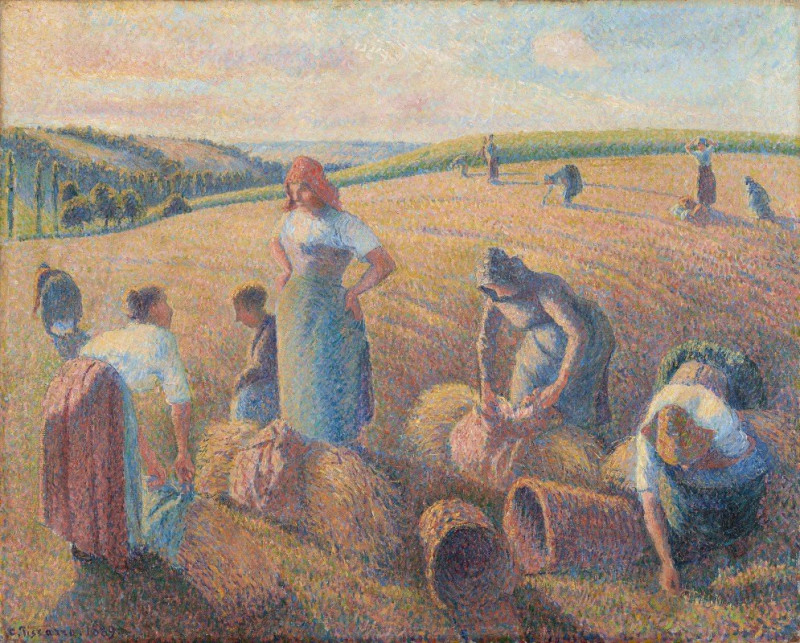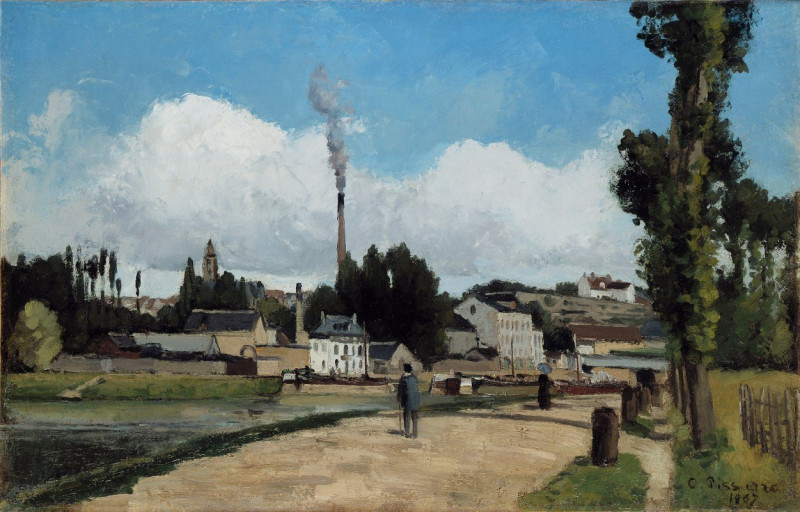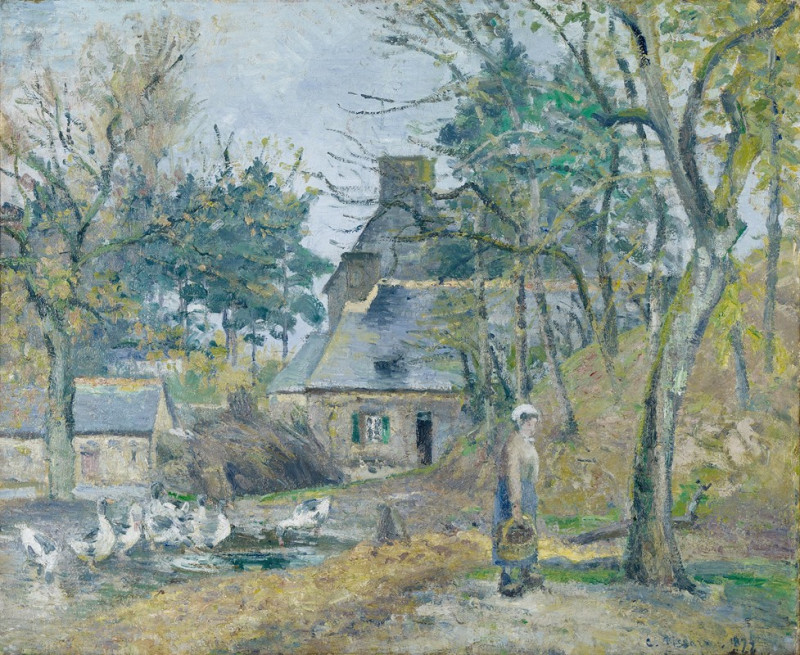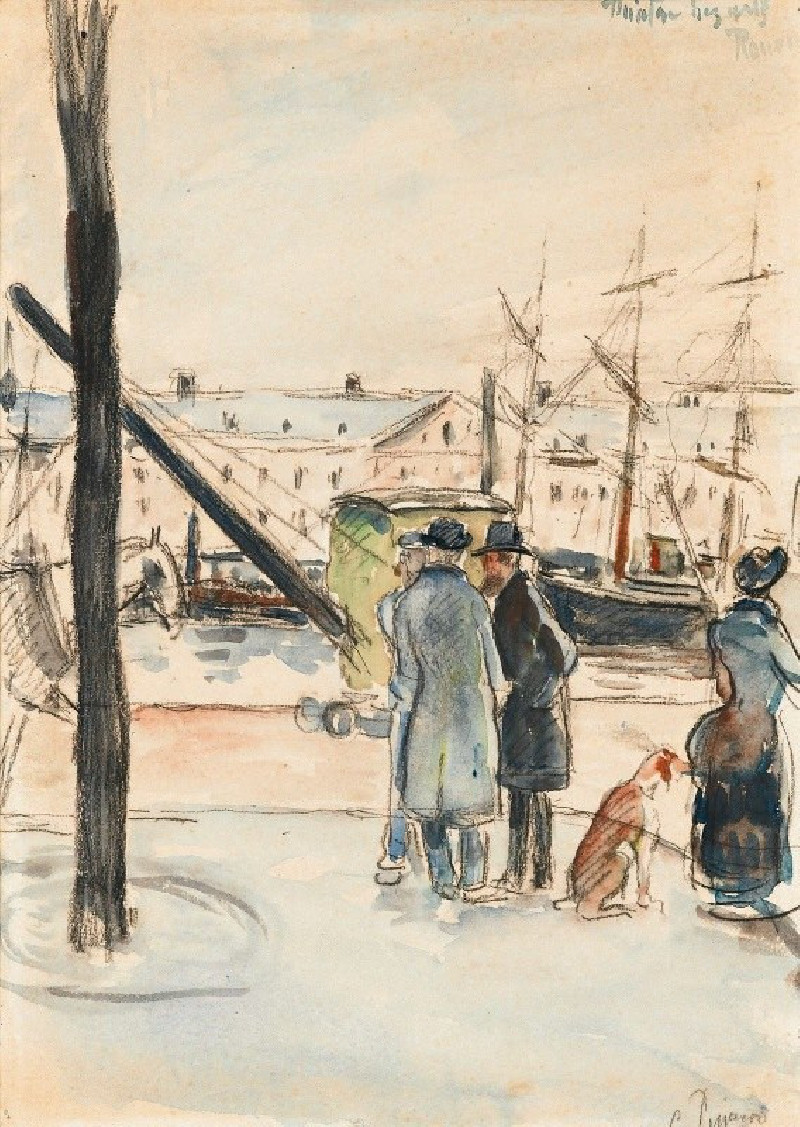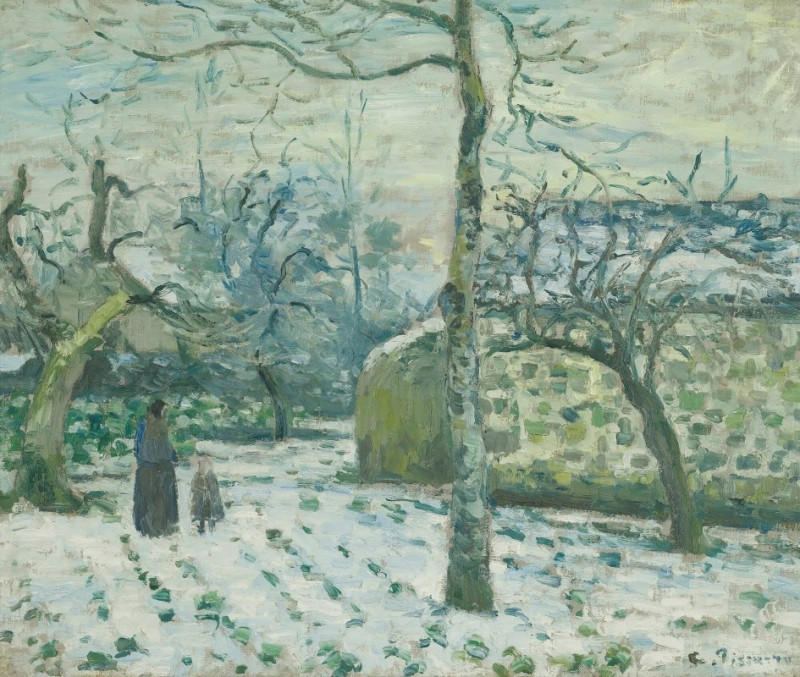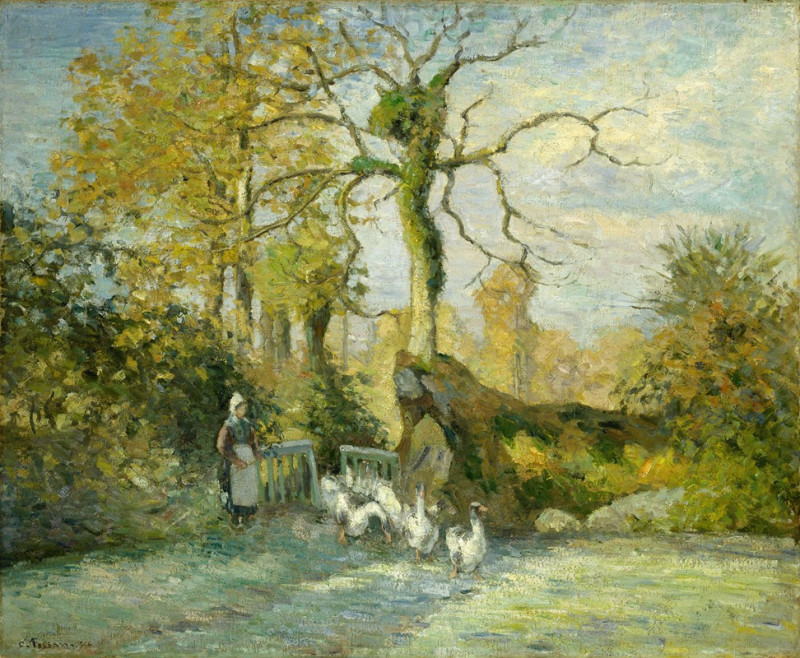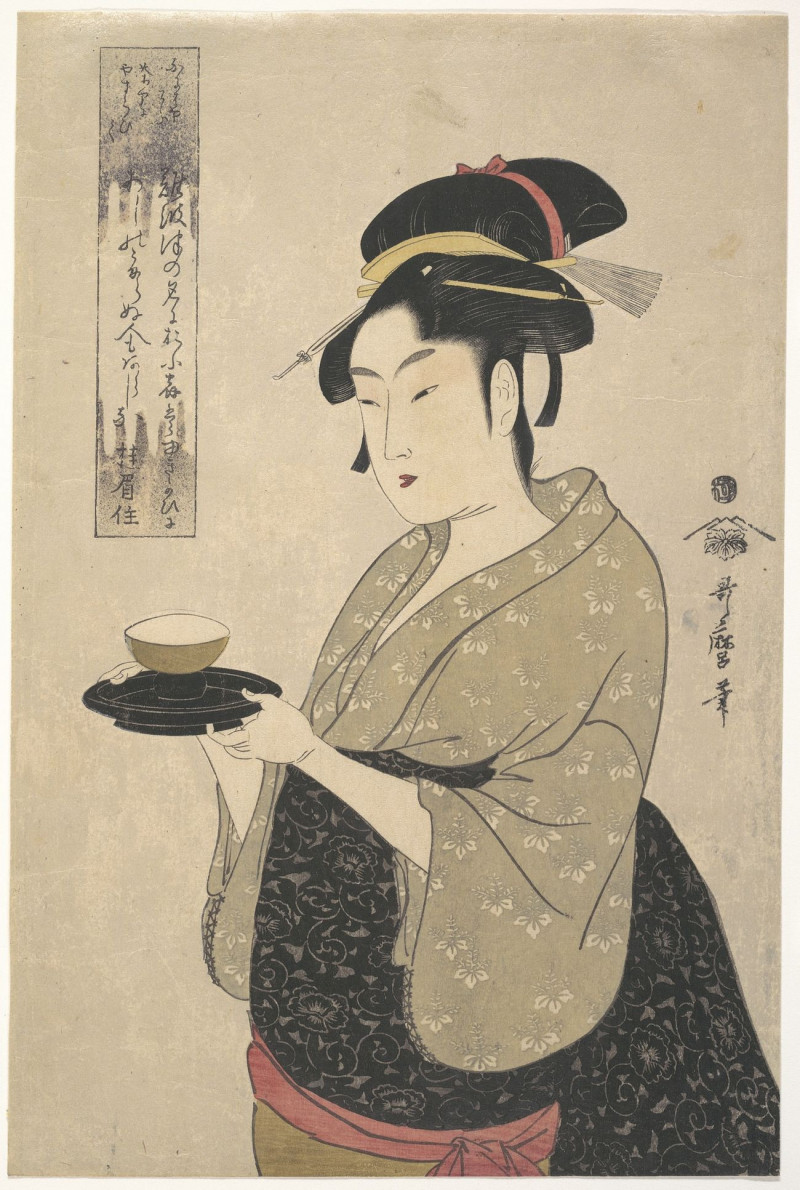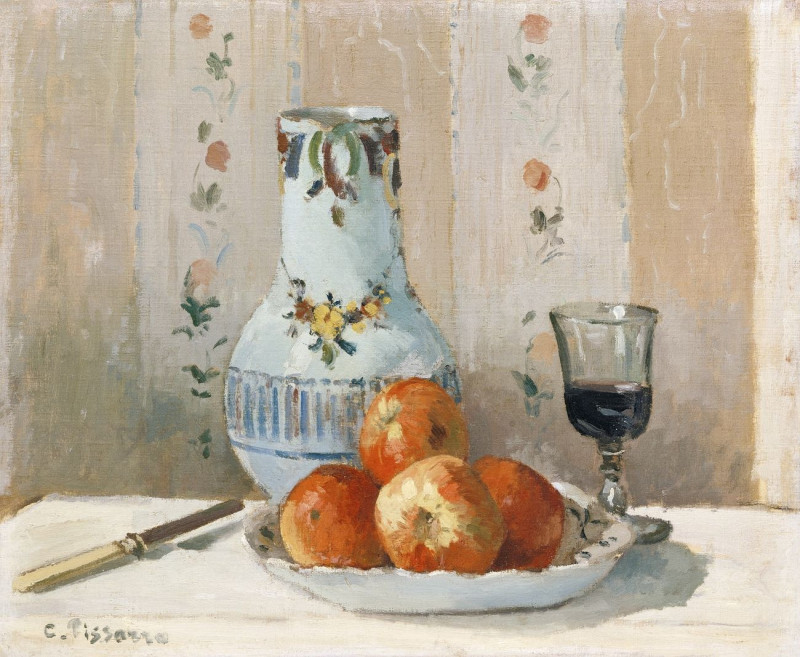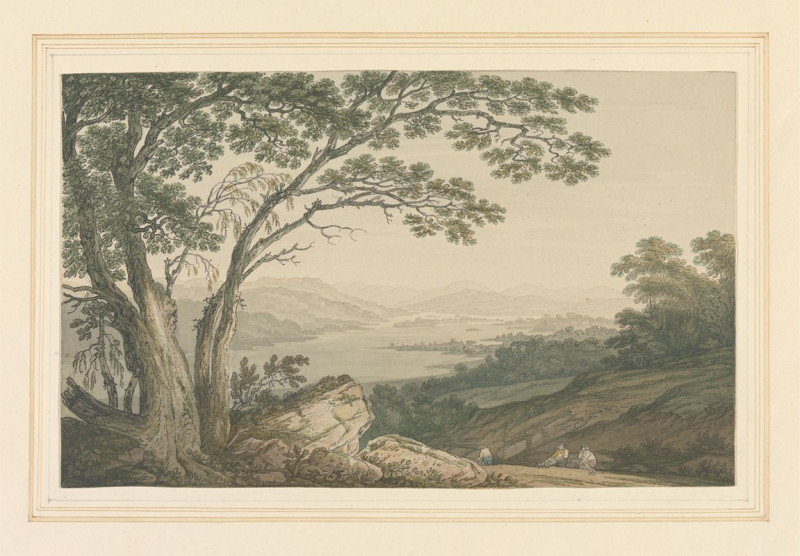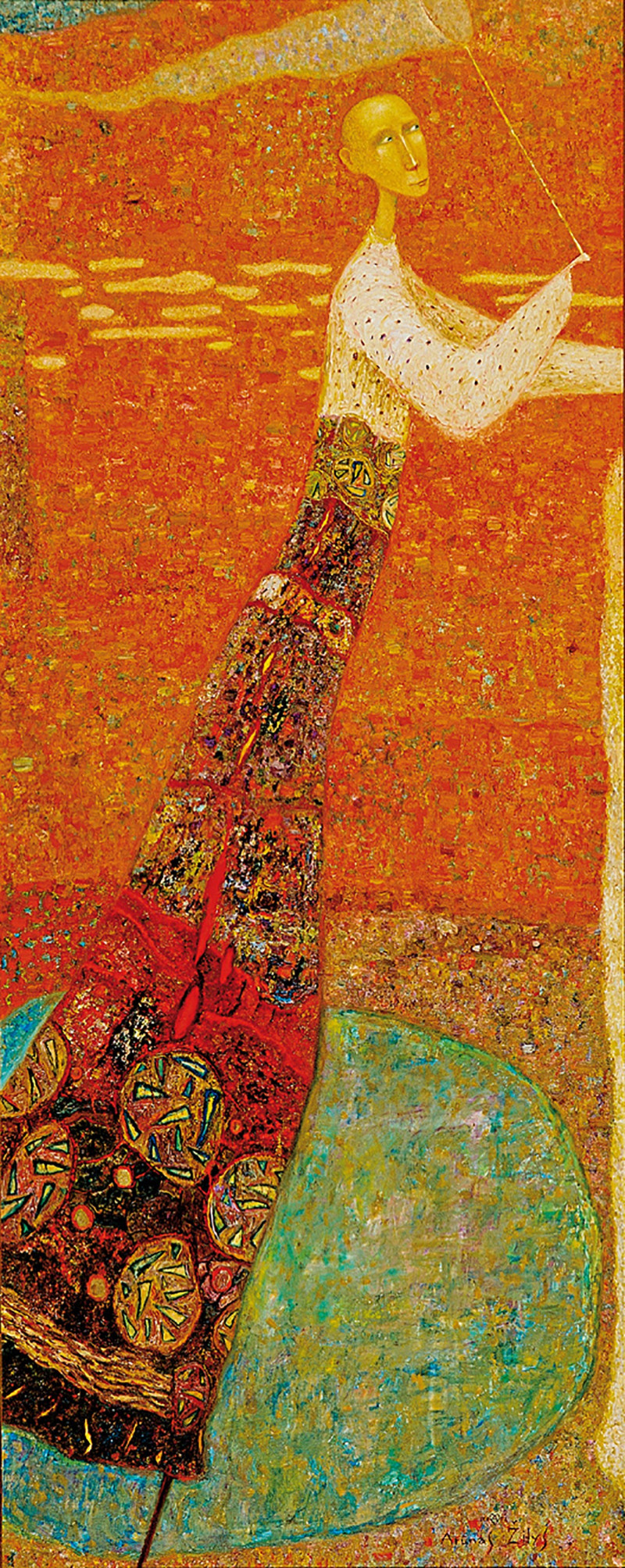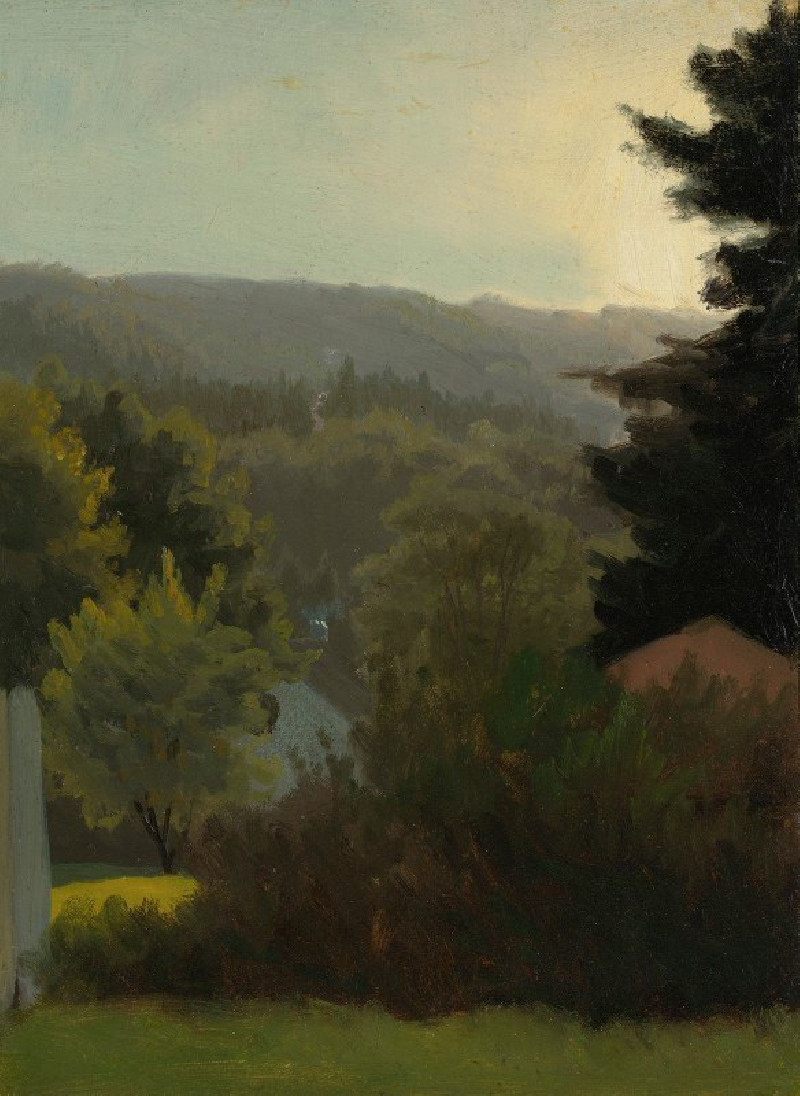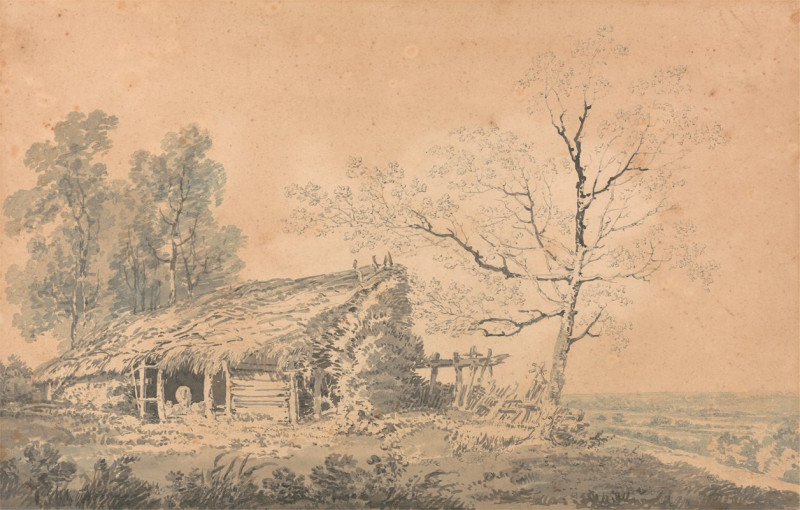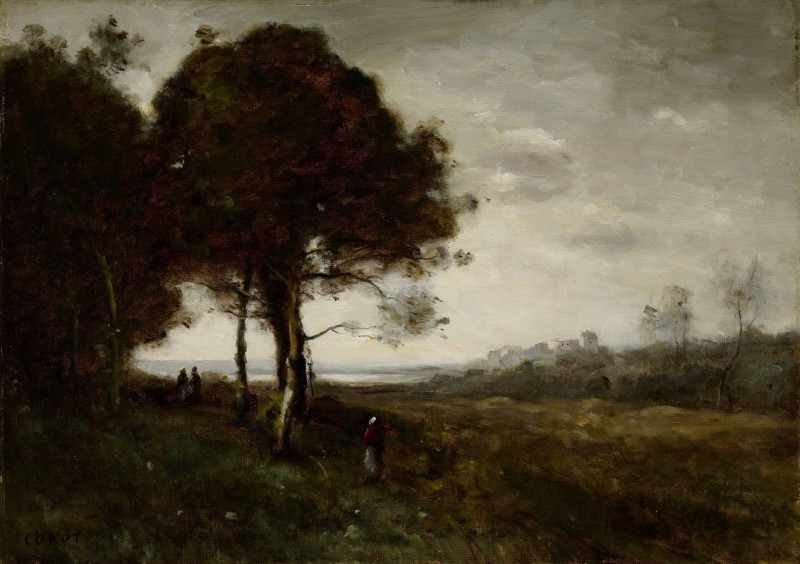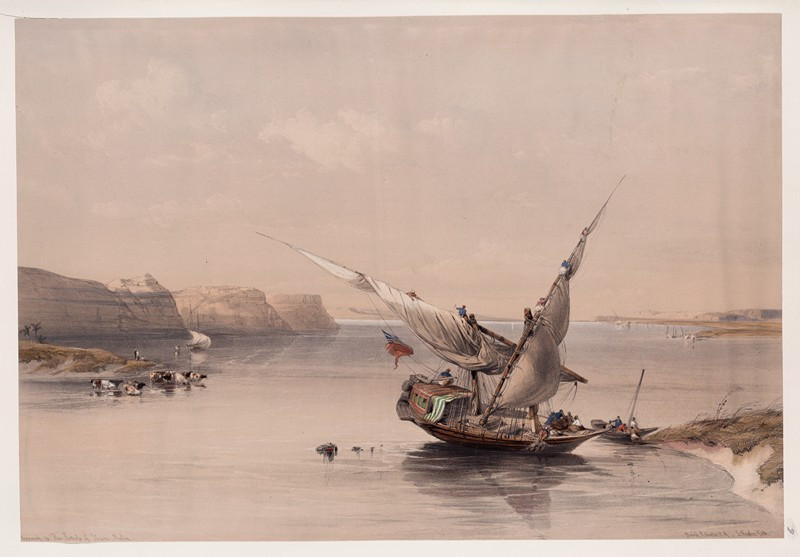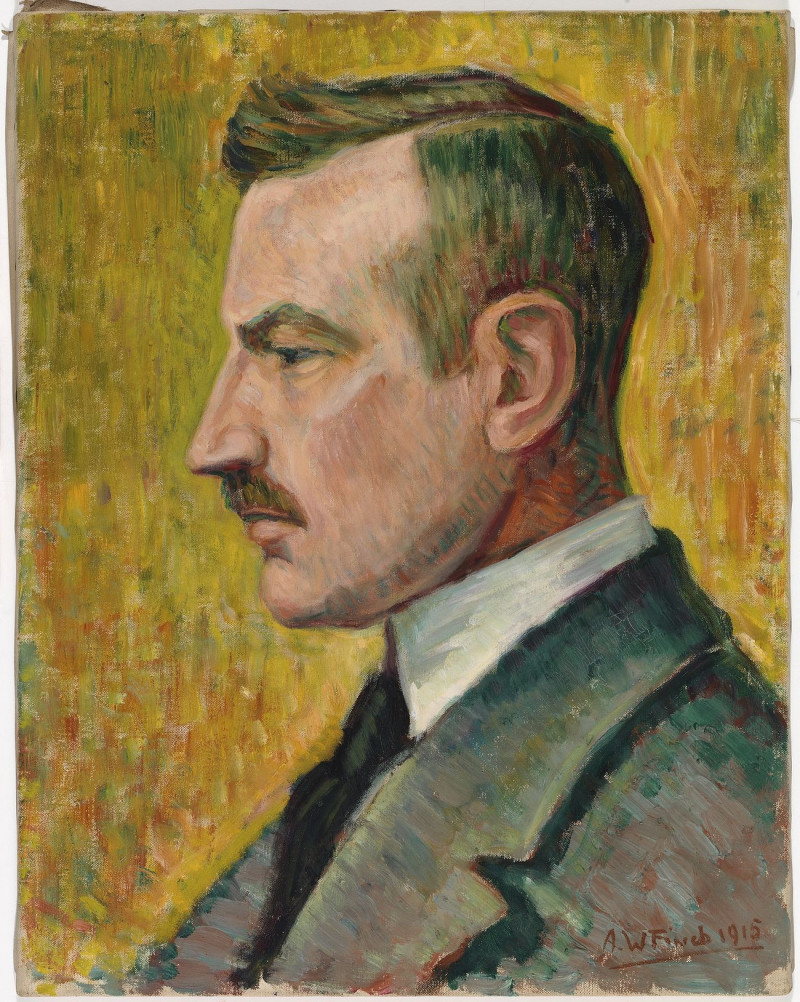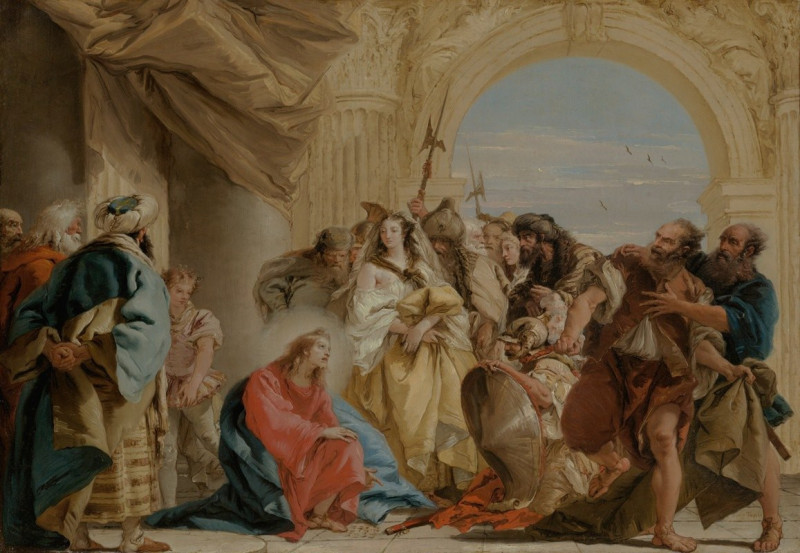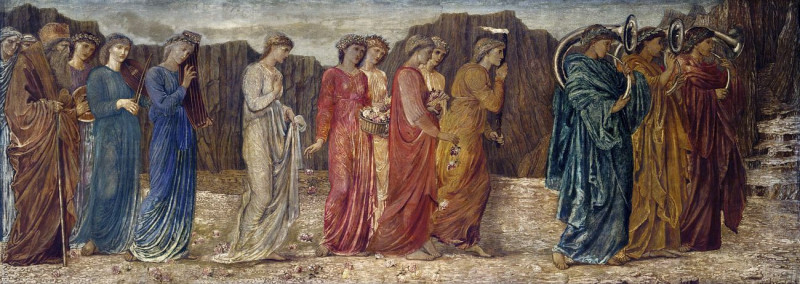Vegetable Garden (1878)
Technique: Giclée quality print
Recommended by our customers
More about this artwork
"Vegetable Garden" by Camille Pissarro, painted in 1878, beautifully captures the essence of rural life through the lens of the Impressionist movement. This charming painting invites viewers into an intimate scene set in a vibrant, meticulously tended garden.The artwork presents us with a serene vegetable garden in the foreground, where various greens and the rich, fertile earth create a tapestry of natural colors. The setting is tranquil, and the presence of a gardener at work connects human activity with the rhythms of nature, a theme often revisited by Pissarro.Contrasting textures are masterfully represented through Pissarro’s use of quick, loose brushstrokes—a hallmark of Impressionism. Overhanging branches delicately frame the scene, their fine details set against the soft, diffuse sky.The composition is anchored by stout trees that also serve as a window into the background, where a quaint stone building peeks through. This layering of elements, from the lushness of the garden to the structured calm of village life, conveys a sense of depth and tranquility."Vegetable Garden" (1878) not only reflects Pissarro's deep connection to nature but also his commitment to portraying the simple, everyday tasks of rural communities. It's a splendid representation of life's quiet beauty, rendered in colors and forms that draw the eye and soothe the spirit.
Delivery
Returns
Blessed are they who see beautiful things in humble places where other people see nothing. — Camille Pissarro
Camille Pissarro (1830-1903) was born on St.Thomas (now the US Virgin Islands) to a Portuguese father and a Dominican mother. He went to Paris to study art at Ecole des Beaux-Arts. He was an early pioneer of pointillism and neo-impressionism and later became a mentor of many famous impressionist painters including Cezanne, Manet, Renoir, and Gauguin. His paintings depicted rural and urban French landscapes and lifestyle. Many of his works politically captured images of peasants and laborers. Today, he is considered the father of impressionism.

